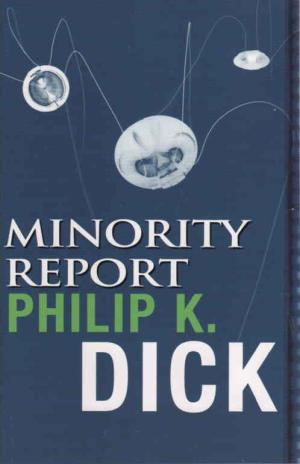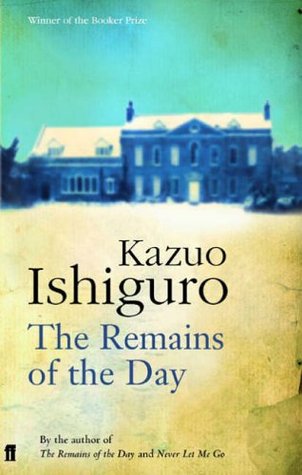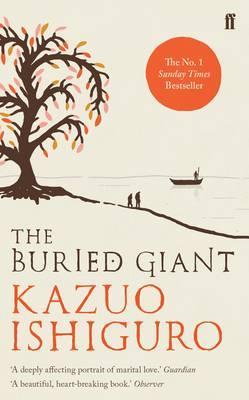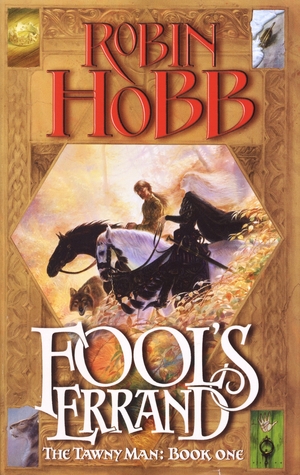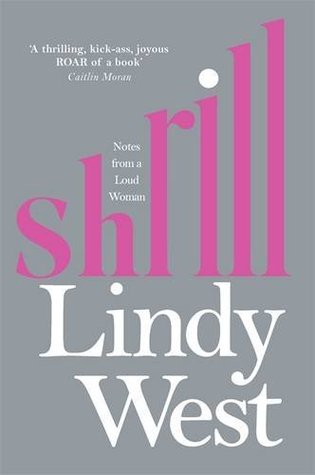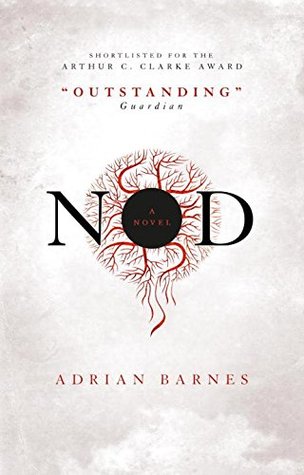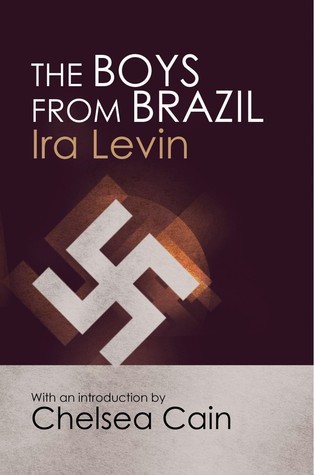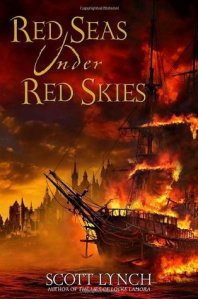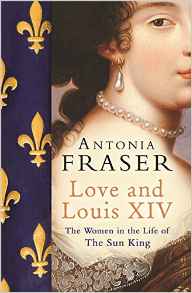
Recently, I became obsessed with ‘Versailles’, the TV series. Not the place…well now the place too, but I will come to that. Here is a picture of the cast of ‘Versailles’.
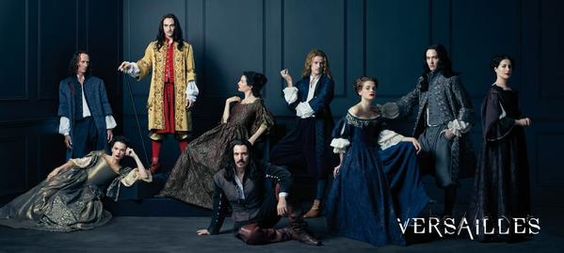
How can you not want to watch that? I love men with long hair, I love historical fashion and I really love a historical drama, so of course, I started watching it, and now I am obsessed with ‘Versailles’, Versailles, and Louis XIV. So, during my trawl of Fopp, when I spotted the book about the women in the life of Louis XIV for £3, I kind of had to buy it.
Immediately, the book was kind of intimidating. I have read a number of historical biographies, and history books, I have a degree in history, but there was so much detail within the first few pages, I was pretty sure I was going to get lost of lose the plot, or not enjoy the book. Here is an example, there are 8 pages detailing a ‘Chronological Political Summary’. I did not read this, first, because I knew I would forget it all immediately, and second, because I know very little of this period of history, and I knew it would confused me when I tried to relate bits of the chronology to parts within the book itself. We then have 4 pages of principle characters. And I don’t mean a size 14 font over a few pages detailing these people, it is size 10, tiny font, detailing around 50 people, with a bit of additional information about each. Once again, I did not read this, as I knew it would confuse me. Finally, before we reach the meat of the book, we have two family trees…I would repeat as above, but I am pretty sure you have gotten the picture.
TL;DR, this book intimidated me. A lot.
Did I have reason to be intimidated? A bit, but the Fraser makes it clear from the outset, who is who, who relates to how, what part they play, how they will be referred to throughout. I can’t say I totally knew who everyone was the whole way through the book, but I had a pretty good idea, and I flew through the first 50 – 65% of the book, it was so engrossing, so interesting, and then suddenly. I did not have a clue what was going on.
We seemed to spend some time veering away from the women and into politics, and then into the historical context, and I know that is important and that we need to know this to understand certain parts of why who acted how, but I ended up lost and confused. There are so many illegitimate children made legitimate, so many legitimate and illegitimate children that died, there are family members from this royal dynasty, from that royal dynasty, from that royal family and so on and so forth, through what seemed to be all of the aristocracy in the world.
What didn’t help, as it turned out, was the TV show ‘Versailles’. Apparently, some parts are pretty inaccurate. However, some of these issues and errors, are of course, due to the nature of TV programming, but, at the end of each broadcast in the UK, we have a 5 minute show called ‘Inside Versailles’. This helps clear up what is true and isn’t, what is and isn’t accurate, and I have to say it is highly satisfying watching these 5 minutes and already knowing the facts they are spouting, so clearly, I have taken in more than I realised about the book. Also, Professor Kate Williams comes across as slightly manic in this segment, however, I have read two of her books and have really enjoyed them both, so she gets a pass.
Anyway, the book, overall, was excellent. It is a highly readable piece of history, and although I didn’t quite want to be in the court of Versailles (it sounds highly stressful and political), it does give it a wonderful sheen, and you kind of wish you could have been there, or even just go to see it as it was. There was a quote in the book from Madame de Sévigné, who is a famous letter writer who was present at the court, wrote ‘I believe that the histories which will be written about this court after we are gone, will be better and more entertaining than any novel, and I am afraid that those who come after us will not be able to believe them and will think that they are just fairy tales.’
The book gives you a real sense of that, of a moment in time to never be repeated, fleeting, ephemeral, and made me wish that I could be part of something like that. The book is engaging, and so well written, that although I felt it fell down at the end, even just flicking through it for the purposes of this entry, made me remember how good it was. If you enjoy French history, then definitely read this, if you just enjoy the TV show, then I would still recommend giving it a go – especially if you can pick up a cheap copy.
As for me? My friend H and I are planning a trip to Versailles next year and I am so excited. She is my fellow history geek, and we spend a fair amount of time talking about history, visiting galleries and museums and making plans about what we would do if we won the lottery (hire out Versailles for the day, get period clothing made for us, and swan about). Although, hilariously, she does not enjoy history books by female authors as a whole – I clearly disagree – and when I mentioned I was reading this book she asked if it was good. I replied that I was enjoying it, and she could have it when I am done. Her response? “I don’t like Antonia Fraser, she thinks she can write books just because she is married to Harold Pinter”. Hilarious, but not quite true.
I am also planning on reading more books about this period of French history, the next one being, because of course I am obsessed with the Mitford sisters, Nancy Mitford’s ‘The Sun King’. Gah, I am excited just thinking about it.
Next week’s book shall be, ‘A Scanner Darkly’, by Philip K. Dick. Yes, I will be making more dick and boob jokes, if only because he mentions the word ‘tits’ a lot in his books…until next time,
Amy
